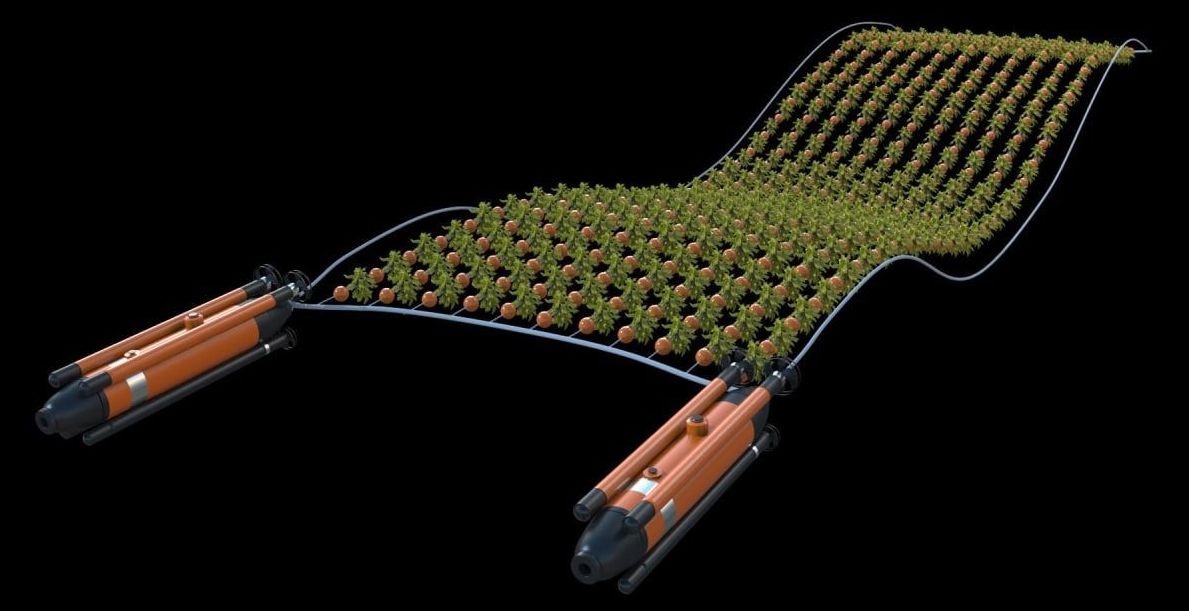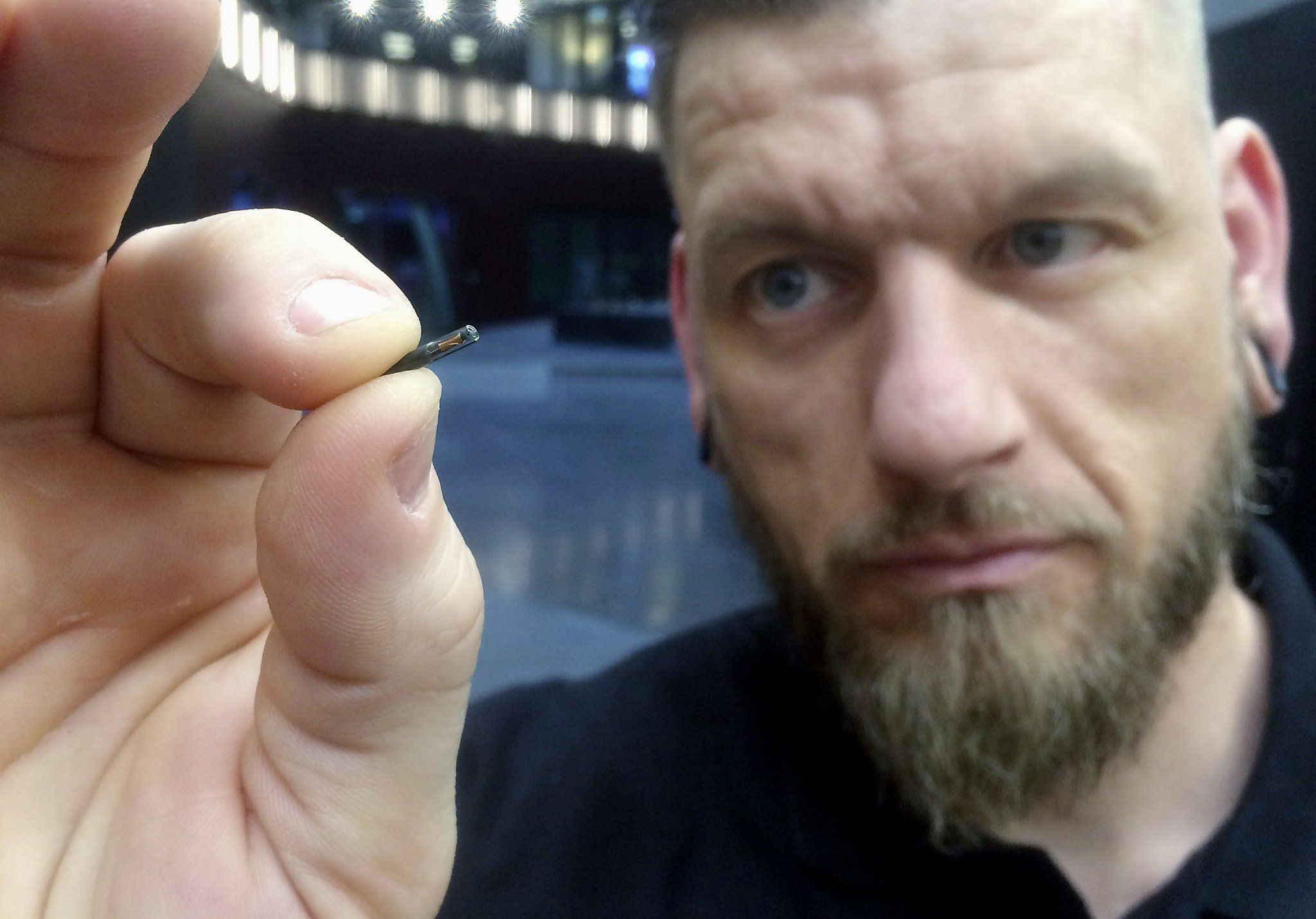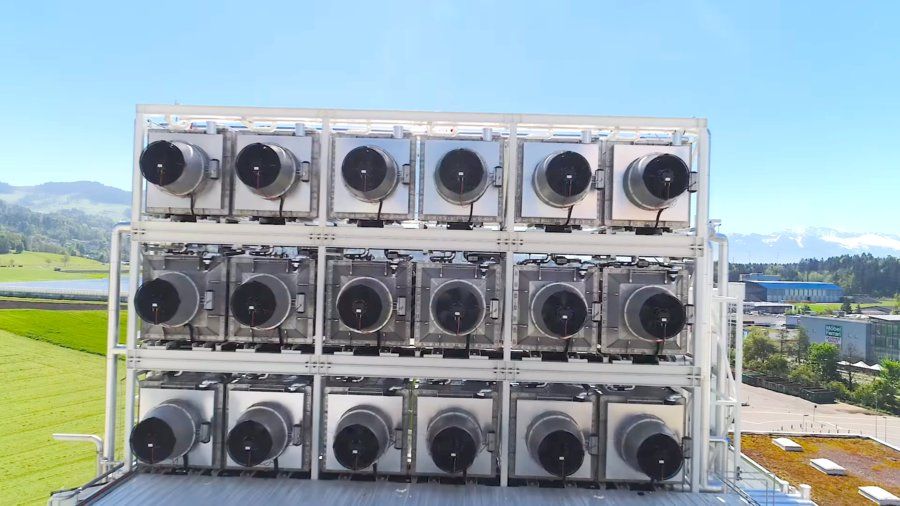
The term “vertical farming” has not been around long. It refers to a method of growing crops, usually without soil or natural light, in beds stacked vertically inside a controlled-environment building. The credit for coining the term seems to belong to Dickson D. Despommier, Ph.D., a professor (now emeritus) of parasitology and environmental science at Columbia University Medical School and the author of “The Vertical Farm: Feeding the World in the 21st Century.”
Hearing that Despommier would be addressing an audience of high-school science teachers at Columbia on a recent morning, I arranged to sit in. During the question period, one of the teachers asked a basic question that had also been puzzling me: What are the plants in a soil-free farm made of? Aren’t plants mostly the soil that they grew in? Despommier explained that plants consist of water, mineral nutrients like potassium and magnesium taken from the soil (or, in the case of a vertical farm, from the nutrients added to the water their roots are sprayed with), and carbon, an element plants get from the CO2 in the air and then convert by photosynthesis into sucrose, which feeds the plant, and cellulose, which provides its structure.
In other words, plants create themselves partly out of thin air. Salad greens are about ninety per cent water. About half of the remaining ten per cent is carbon. If AeroFarms’ vertical farm grows a thousand tons of greens a year, about fifty tons of that will be carbon taken from the air.
Read more

















